How to Know if Your Air Ducts Need Replacing vs. Repairing
Air ducts play a vital role in your home’s HVAC system, directing heated or cooled air throughout your living space. Over time, however, these ducts can become damaged, clogged, or inefficient, causing issues with your heating and cooling. When problems arise, you may wonder whether it's time for air duct replacement or if a simple repair will suffice. Understanding the differences between these options can help you make an informed decision and choose the right HVAC services.
In this article, we’ll explore the factors that determine whether air ducts need replacing or repairing, so you can make the right choice for your home and budget.
Air Duct Replacement: Signs That Indicate a Replacement
There are several signs that can indicate it's time to replace your air ducts. If you notice a decline in your home's comfort, uneven temperatures, or increased energy bills, these could be symptoms of worn-out or damaged ducts. As air ducts age, they can develop cracks, gaps, or holes that allow air to escape, reducing the efficiency of your HVAC system.
Additionally, older ducts may be made from materials that are no longer up to modern standards, making them more prone to damage. According to Global Market Insights, the United States air duct market is estimated at $930 million in revenue, underscoring the importance of quality air ducts in maintaining a comfortable and energy-efficient home. In our experience, if your ducts are more than 15-20 years old and showing signs of wear, replacing them may be the most cost-effective solution.
Air Duct Repair: When It's the Right Choice
In some cases, air duct repair is sufficient to restore your system’s functionality without the need for a full replacement. If your air ducts have localized damage, such as small cracks or minor leaks, repairs can be a viable solution. A skilled HVAC technician can seal these leaks and restore the efficiency of your system. Similarly, if your ducts have accumulated dust and debris, cleaning and minor repairs can significantly improve airflow.
Regular cleaning can also reduce the buildup of allergens, improving your home's air quality. When the damage is isolated to a specific section of ductwork, repairs are often more affordable and quicker than replacing the entire system. However, it’s important to have a professional assess the condition of your ducts to determine if repairs will provide a long-term solution or if they will only serve as a temporary fix. In some cases, repairing damaged sections may extend the life of your ducts without the need for a costly replacement.
Energy Efficiency: The Impact of Damaged Ducts
One of the most significant factors in determining whether to repair or replace your air ducts is energy efficiency. Leaky or poorly insulated ducts can cause your HVAC system to work harder, leading to higher energy consumption. If your utility bills have been rising despite no changes in your usage patterns, it may be due to inefficient ducts. Damaged ducts allow conditioned air to escape, forcing your HVAC system to run longer to maintain the desired temperature. This added strain can also lead to premature wear and tear on your system, causing more frequent repairs.
Replacing your air ducts with newer, more efficient models can provide immediate savings on your energy bills and reduce strain on your system. Consulting with HVAC services professionals can help you understand how your ducts are affecting energy efficiency and whether repair or replacement is the most cost-effective option. Regular maintenance of your ducts can also ensure continued energy savings and system longevity.
Health Concerns: Mold and Contaminants in Your Ductwork
Another crucial factor in deciding whether to repair or replace your air ducts is the presence of mold or contaminants. Over time, moisture, dust, and debris can accumulate in your ducts, providing a breeding ground for mold and bacteria. If you notice unpleasant odors, allergic reactions, or respiratory issues, it could be a sign that mold or dust buildup is affecting your indoor air quality. Long-term exposure to these contaminants can aggravate asthma, allergies, and other health conditions, making it essential to address the problem promptly.
While air duct cleaning can help with minor buildup, extensive contamination may require a full replacement to ensure a safe and healthy living environment. Mold growth, in particular, can spread quickly and become difficult to eradicate, making it essential to address the problem before it worsens. HVAC services professionals can assess the severity of the issue and recommend the most effective course of action for improving your indoor air quality. They can also guide you in preventing future contamination by offering tips on maintenance and airflow management.
Long-Term Costs: Repairing vs. Replacing
When it comes to long-term costs, replacing your air ducts may be more cost-effective than repairing them repeatedly. While repairs are typically less expensive upfront, they can add up over time if your ducts are frequently malfunctioning. In contrast, replacing old, inefficient ducts may require a larger initial investment but can save you money in the long run by improving your system’s efficiency and reducing maintenance costs. New ducts will likely lower your energy bills, as they eliminate air leaks and improve airflow.
A new air duct system can also increase the resale value of your home, as it enhances comfort and energy efficiency. Consulting with HVAC services experts can help you weigh the long-term benefits and costs of replacing versus repairing your ducts, ensuring that you make the right decision for your home and budget. In many cases, investing in replacement now can help avoid even higher repair costs in the future.
Professional Assessment: Why You Need HVAC Services
Determining whether your air ducts need replacing or repairing requires the expertise of a professional HVAC technician. Only a qualified technician can accurately assess the condition of your ducts, pinpoint issues, and recommend the appropriate solution. DIY fixes and assumptions can lead to incorrect diagnoses and even further damage to your HVAC system, potentially leading to more costly repairs in the future. A professional inspection will give you an honest evaluation of your air ducts’ condition and guide you toward the most effective solution.
HVAC services professionals can also help with air duct sealing, cleaning, and insulation to improve your system’s performance, even if you don’t need a full replacement. These services can enhance energy efficiency, reduce air leaks, and improve indoor air quality, ensuring that your HVAC system operates at peak performance. With a comprehensive professional assessment, you can avoid unnecessary expenses while maintaining the longevity and efficiency of your system.
When it comes to air duct issues, the decision between repairing or replacing your ducts depends on a variety of factors, including the extent of the damage, your system’s efficiency, and your long-term goals. If your ducts are old, damaged beyond repair, or causing significant efficiency issues, replacement may be the right choice. On the other hand, localized damage, dirt buildup, or minor leaks may be easily fixed with repairs. In either case, it’s important to consult with HVAC services professionals to ensure that you’re making an informed decision.
Regular maintenance and inspections can help prolong the life of your air ducts, saving you money and improving your home’s overall comfort and air quality. By addressing air duct issues promptly, you can ensure a healthier, more energy-efficient home for years to come. Call Southern Comfort HVAC LLC today to learn about our services.
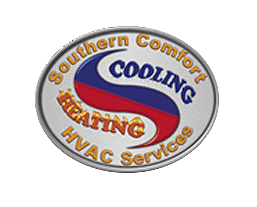

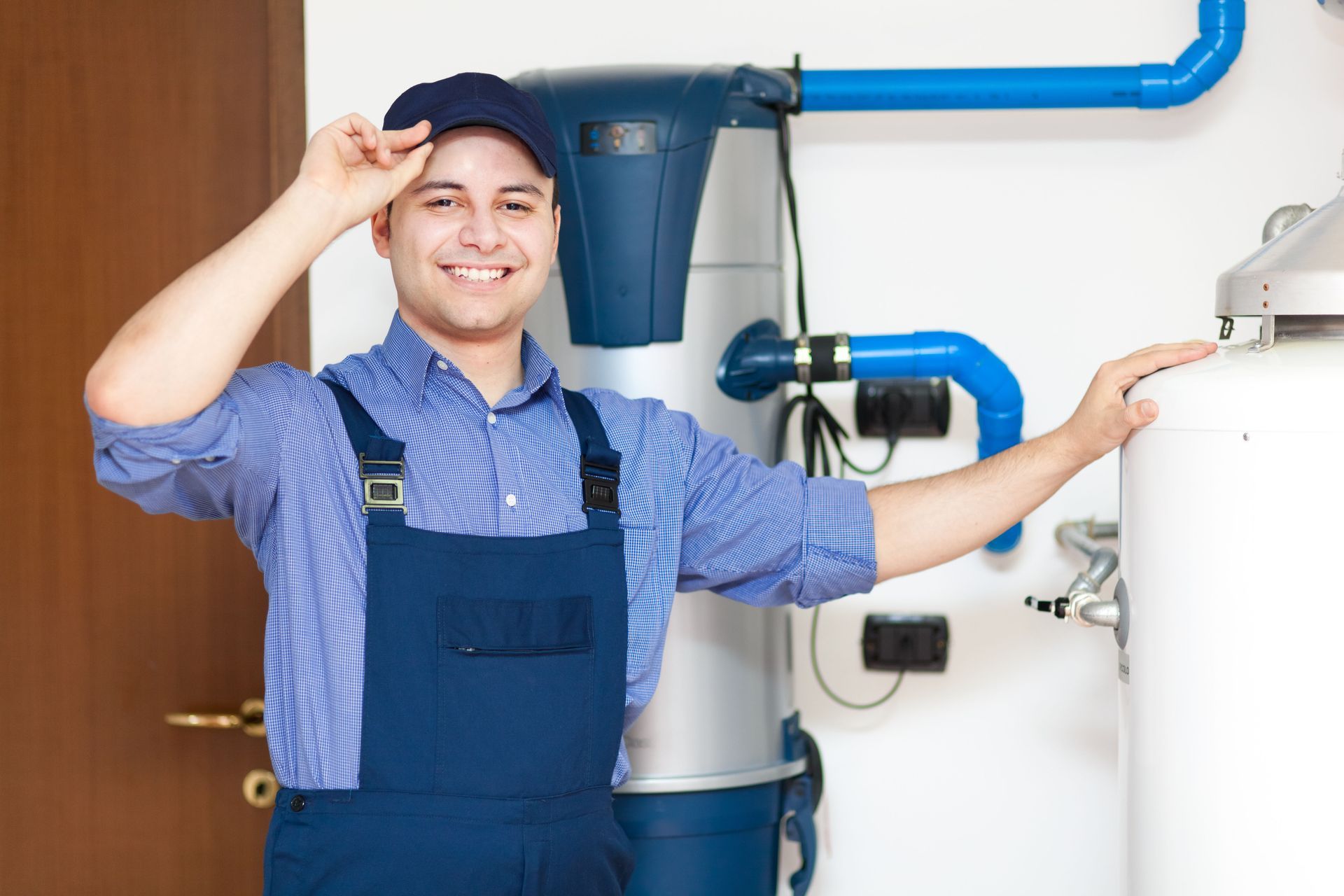
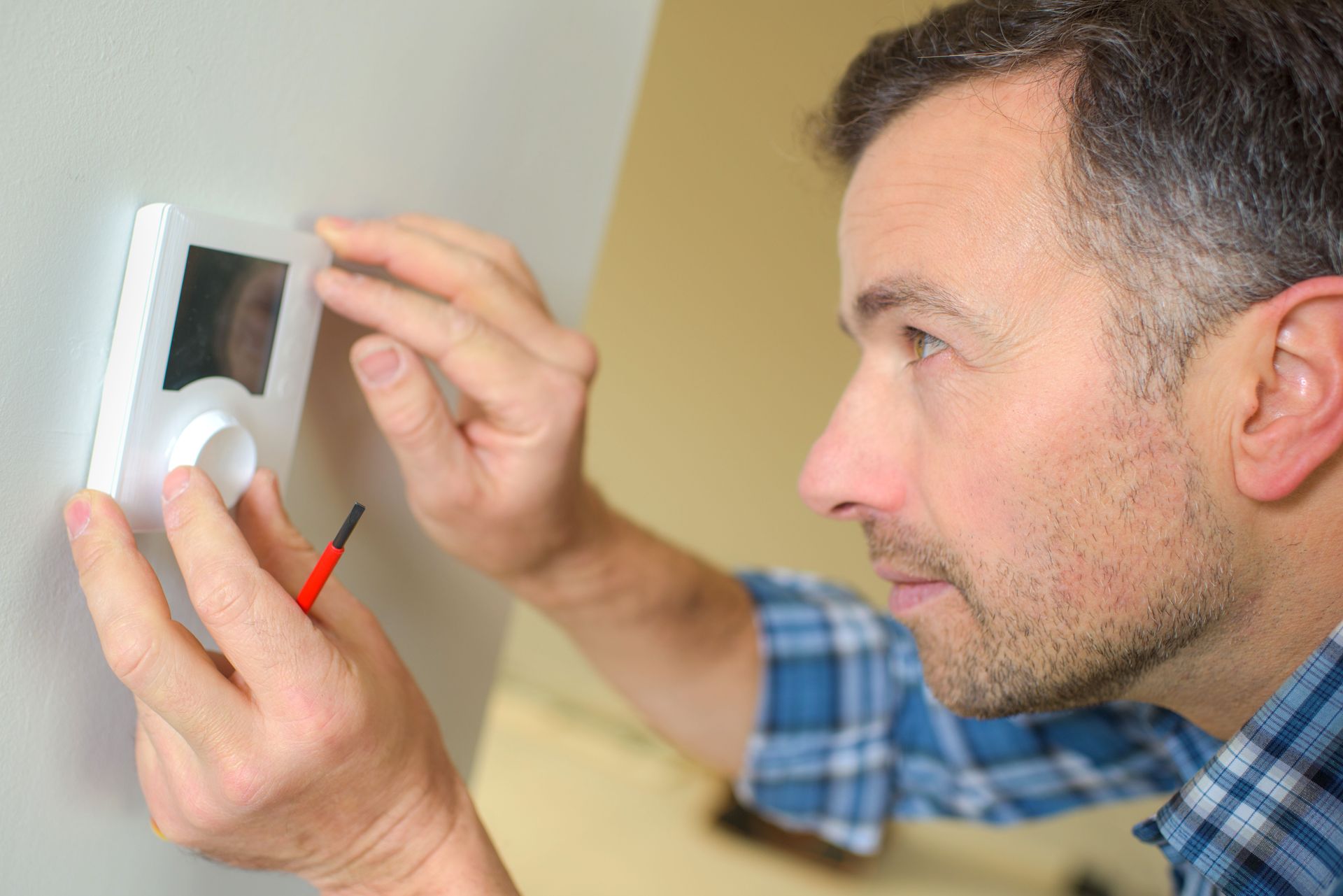
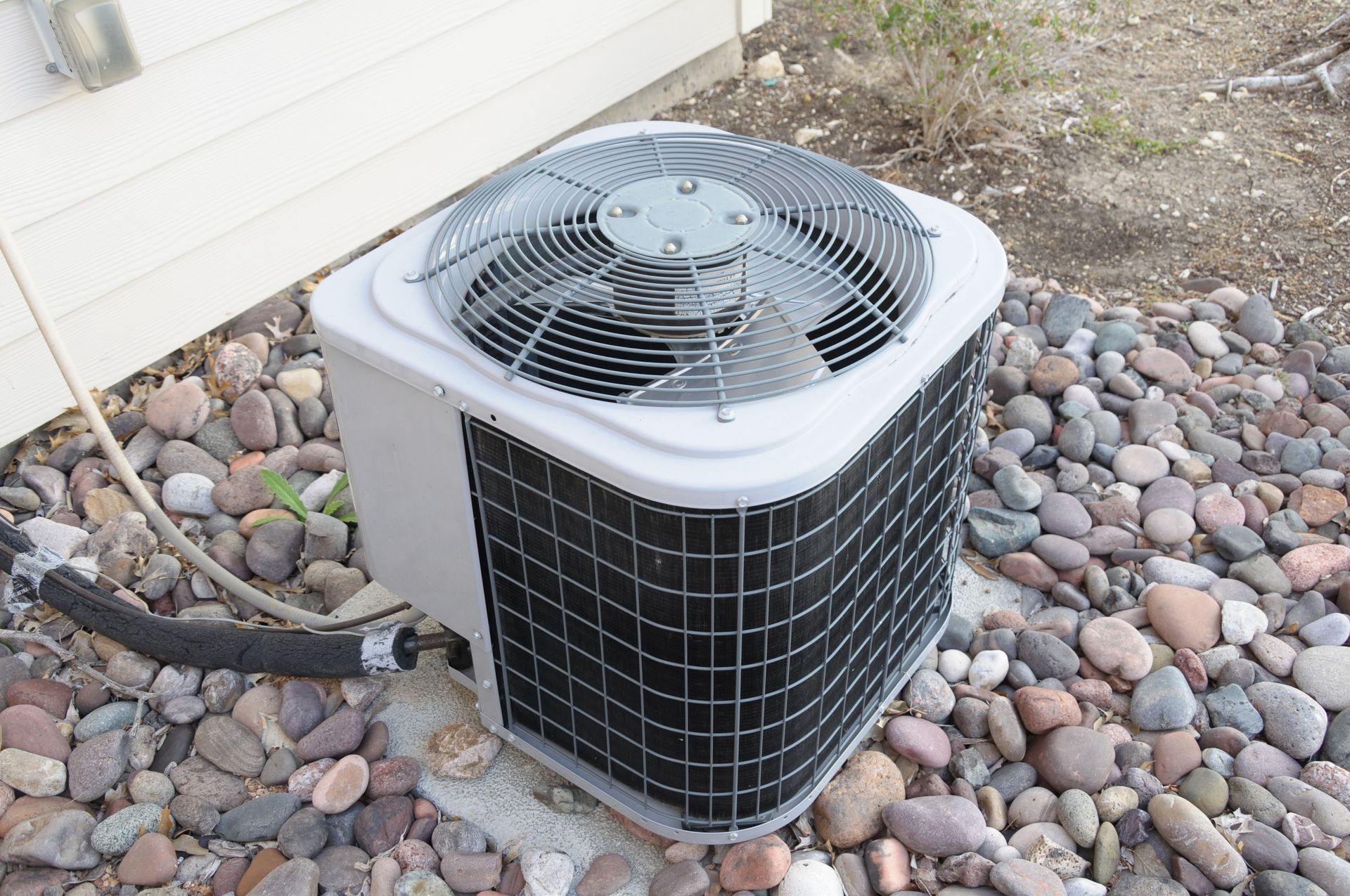
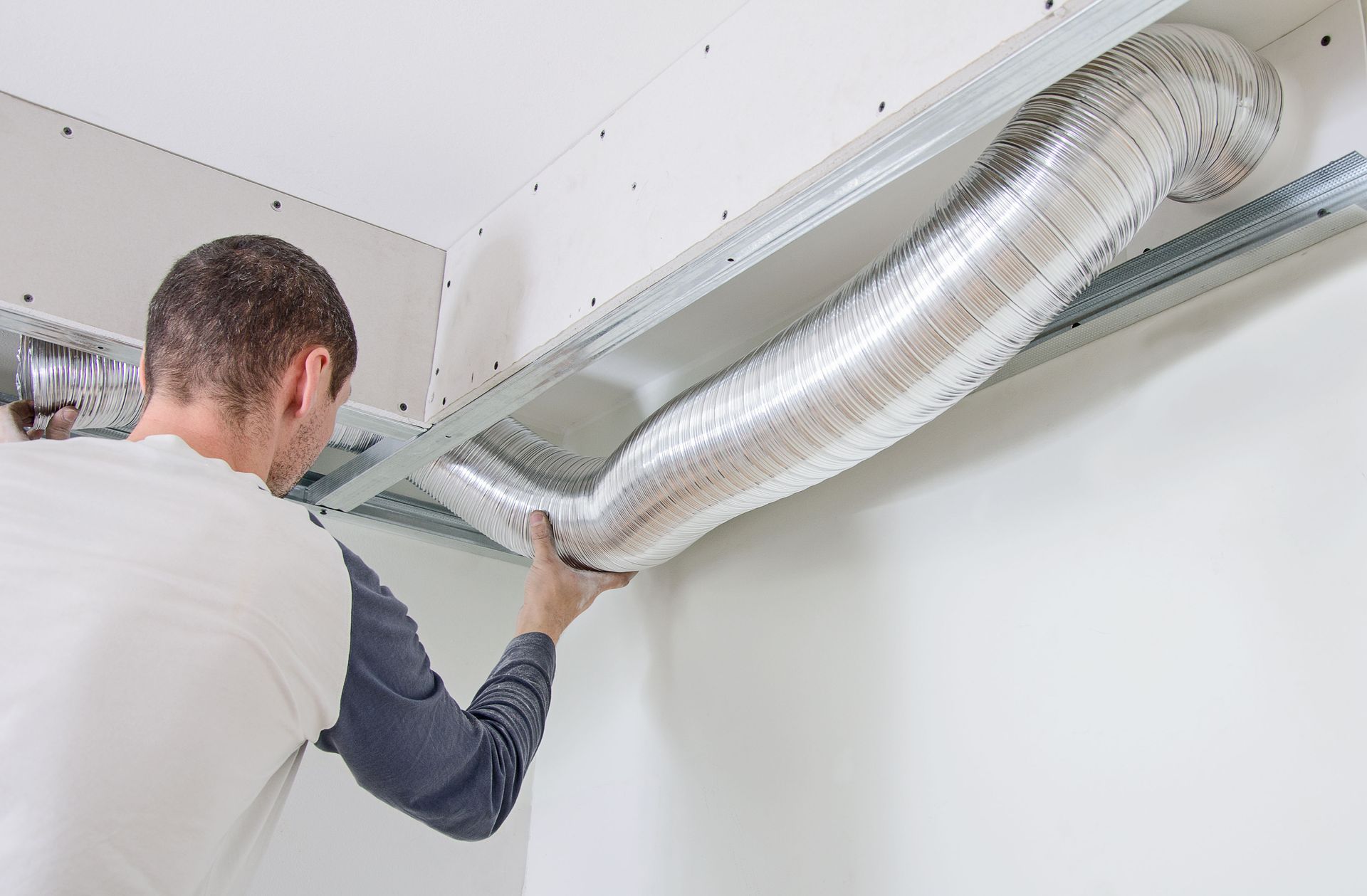
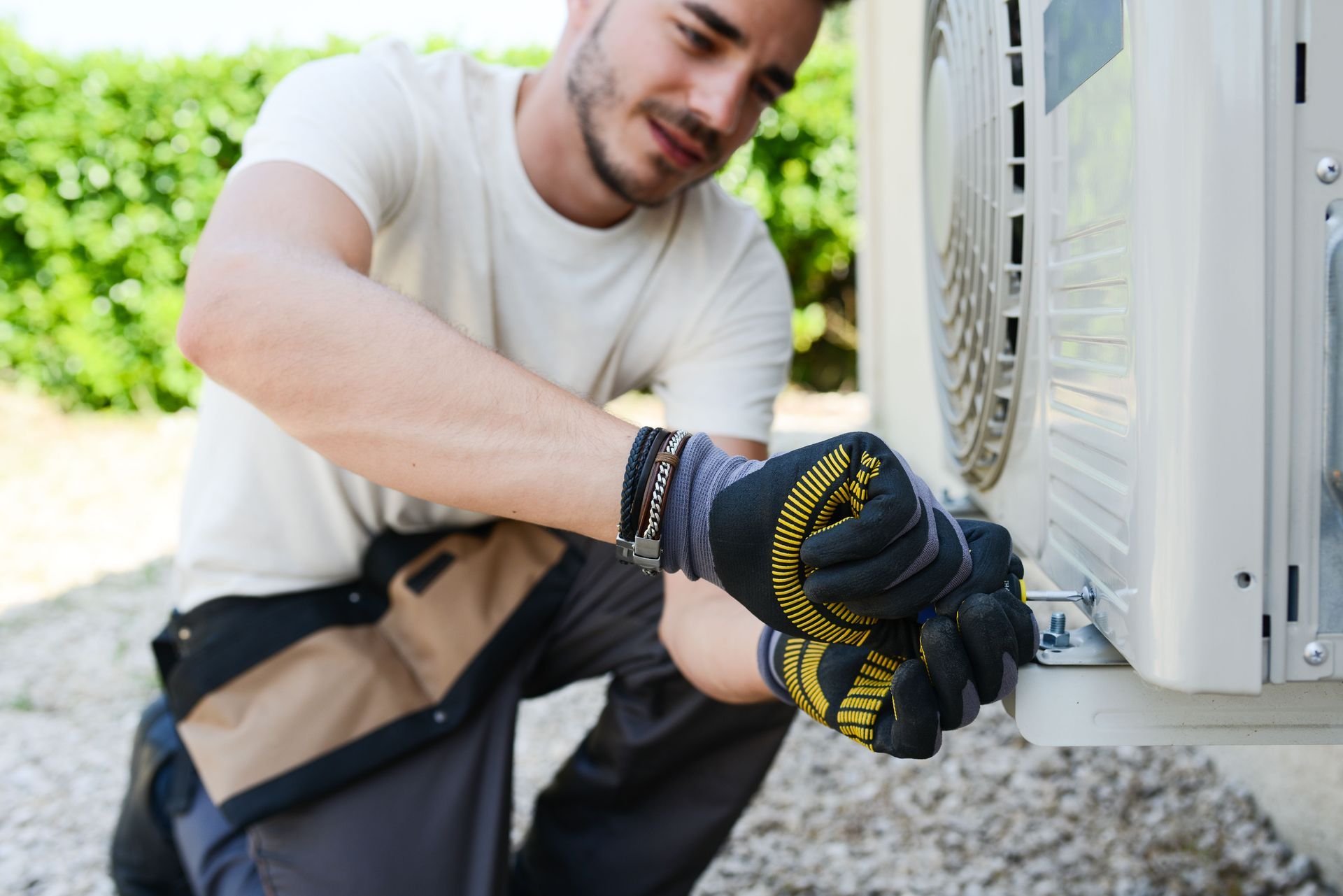
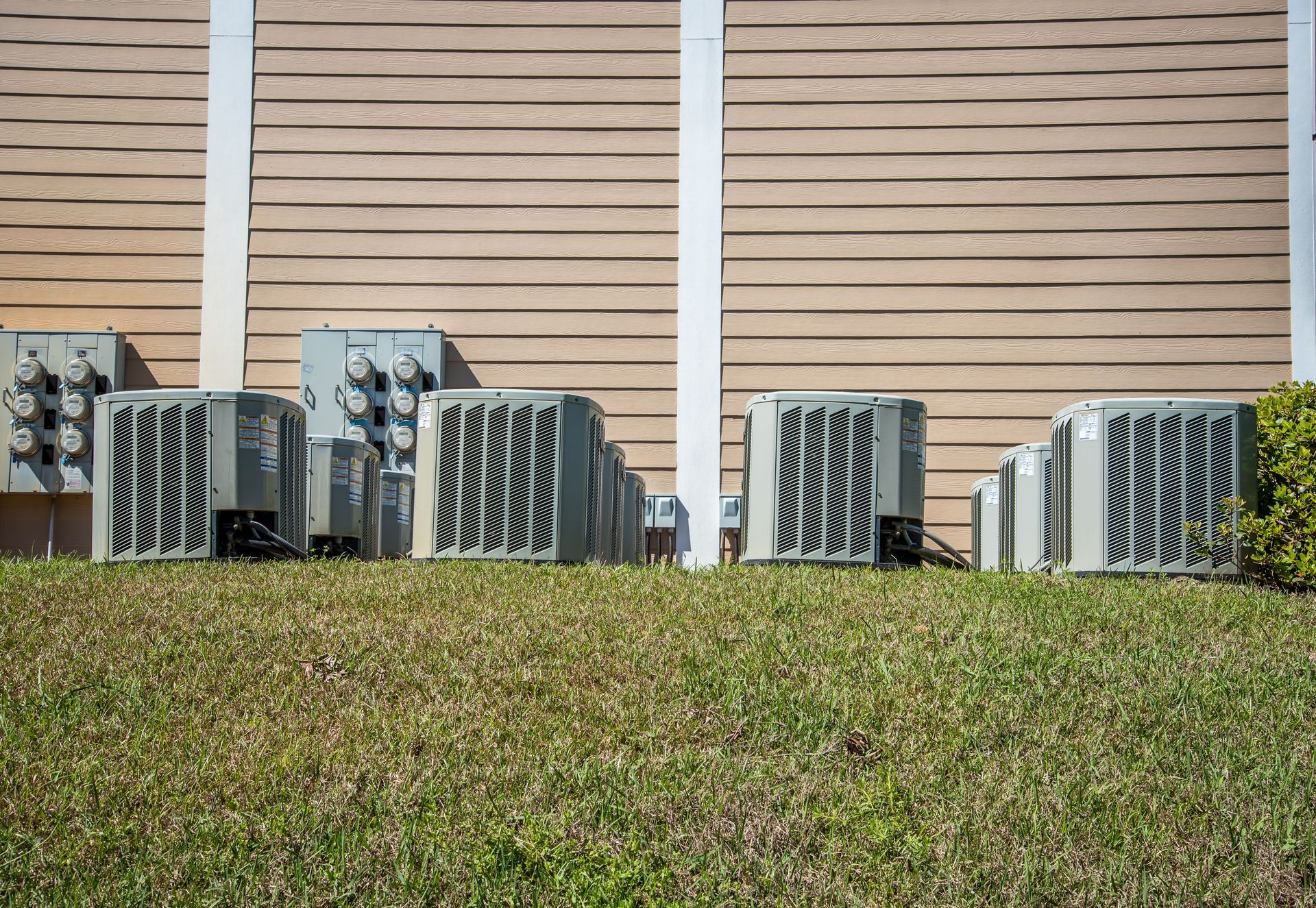
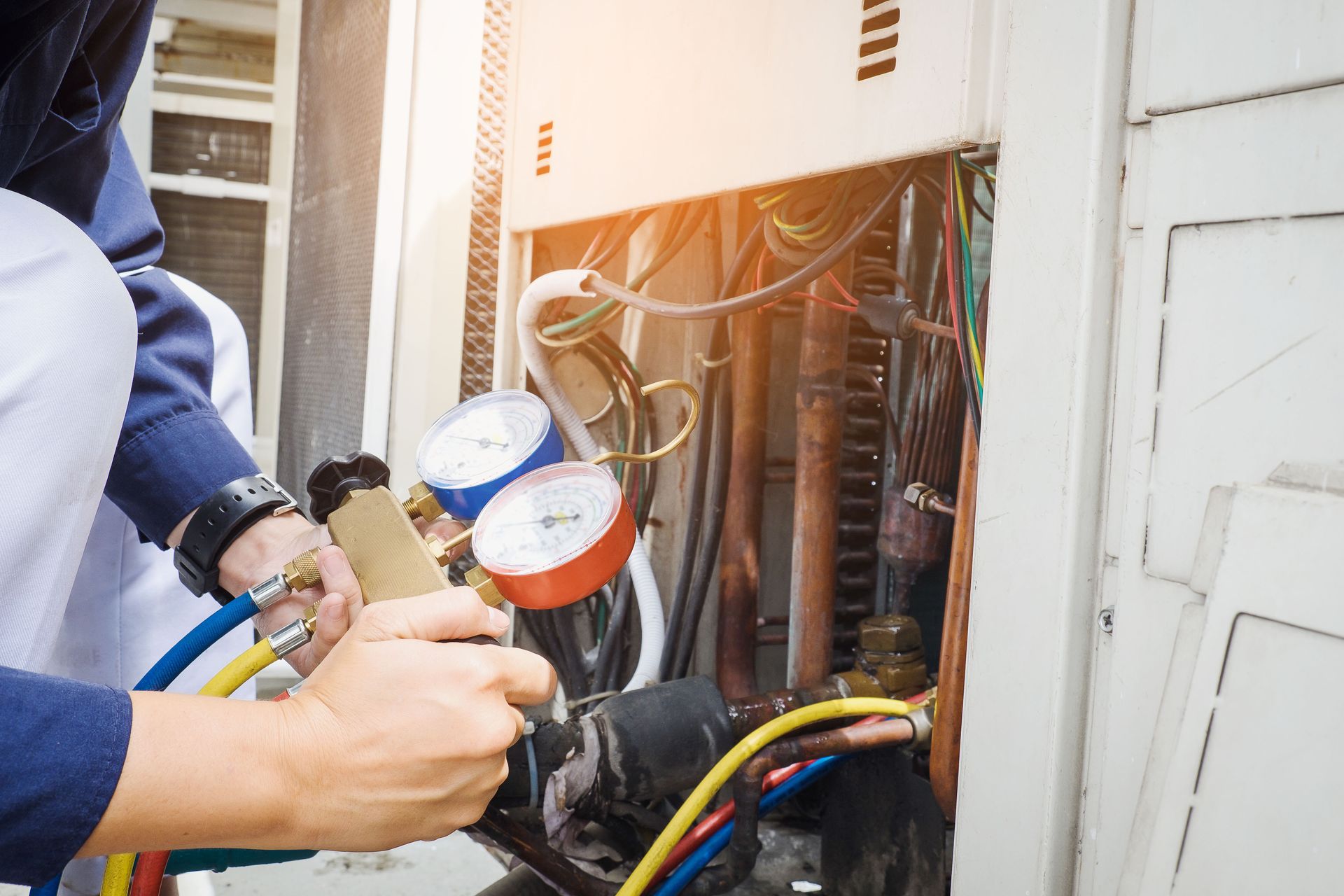
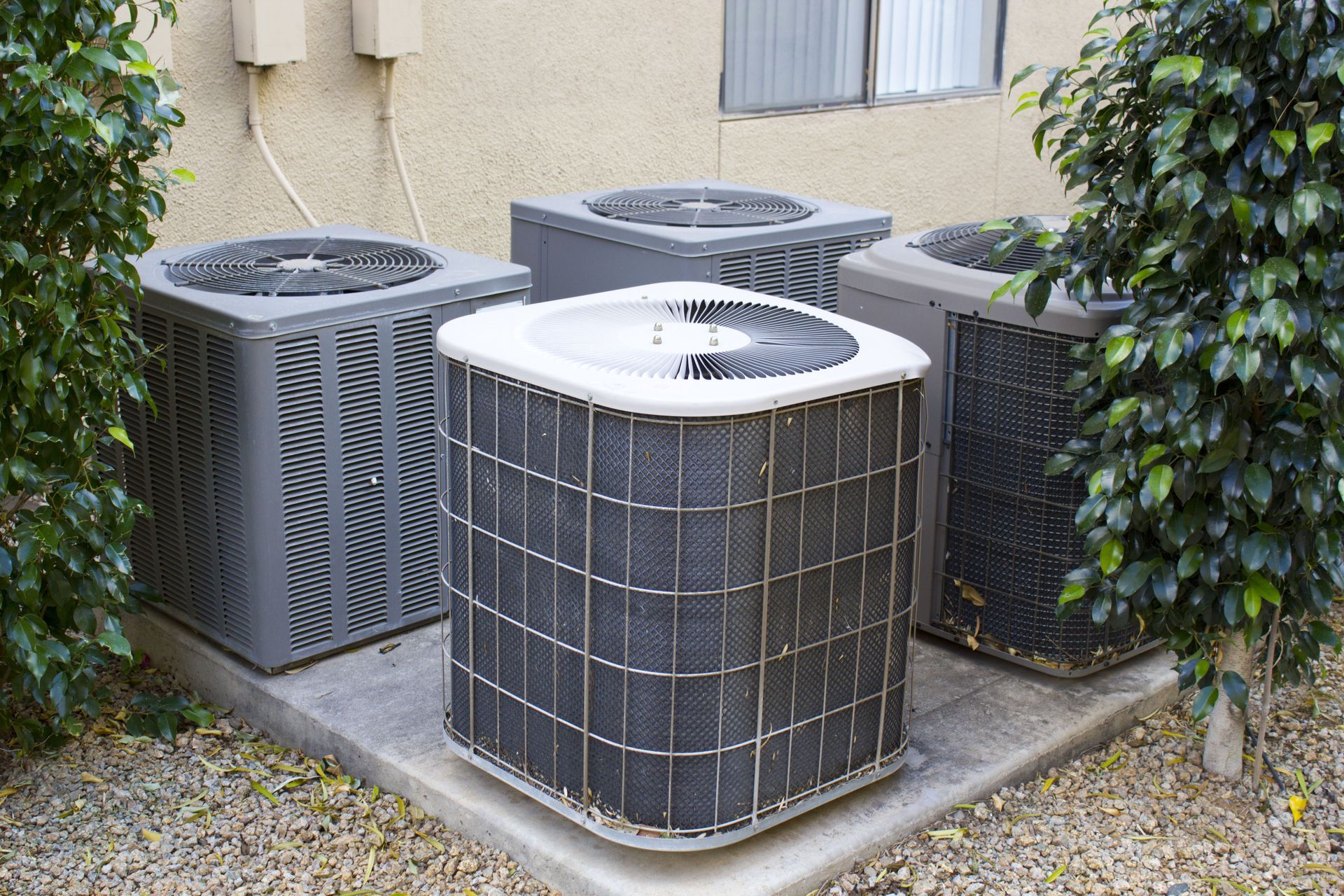
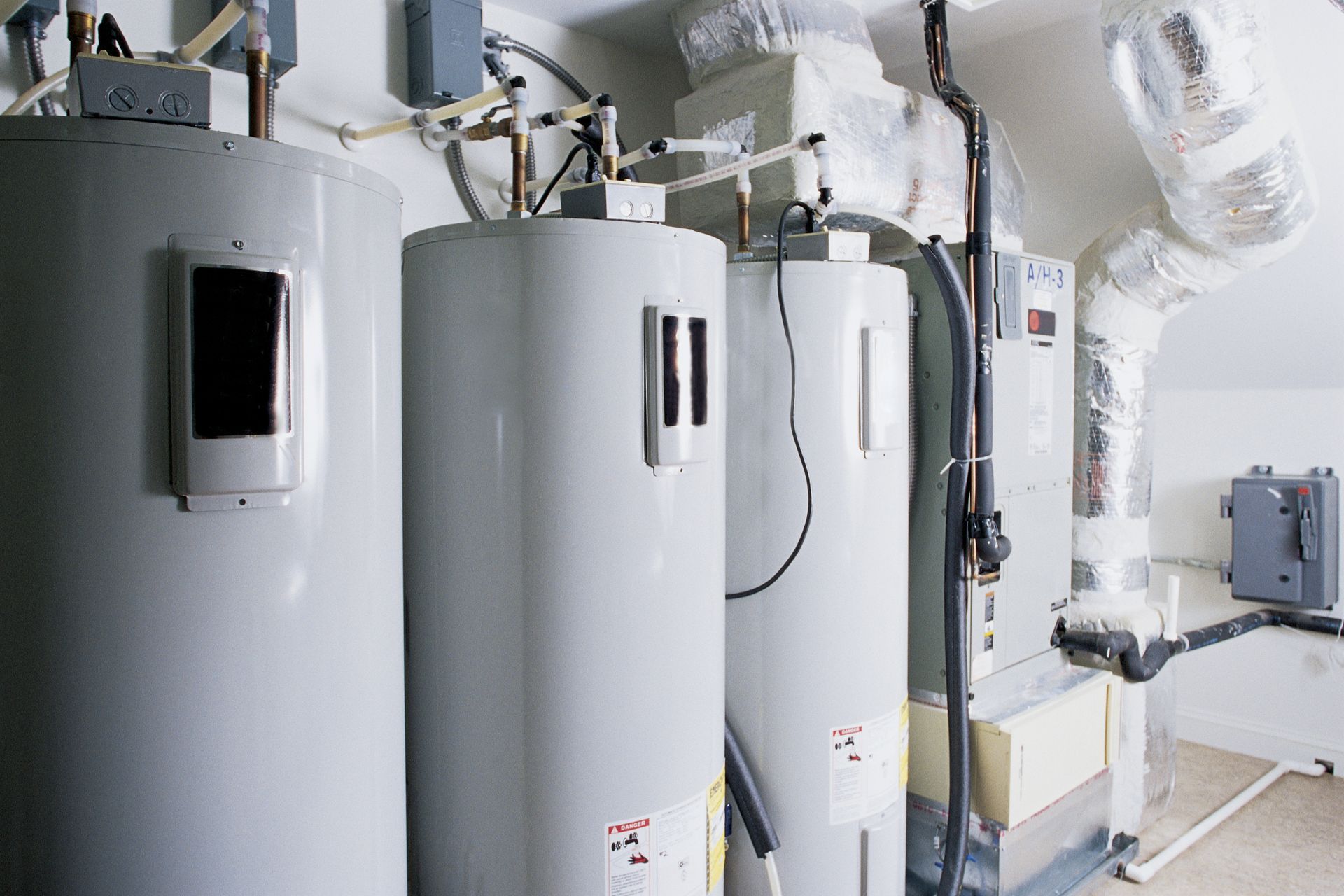
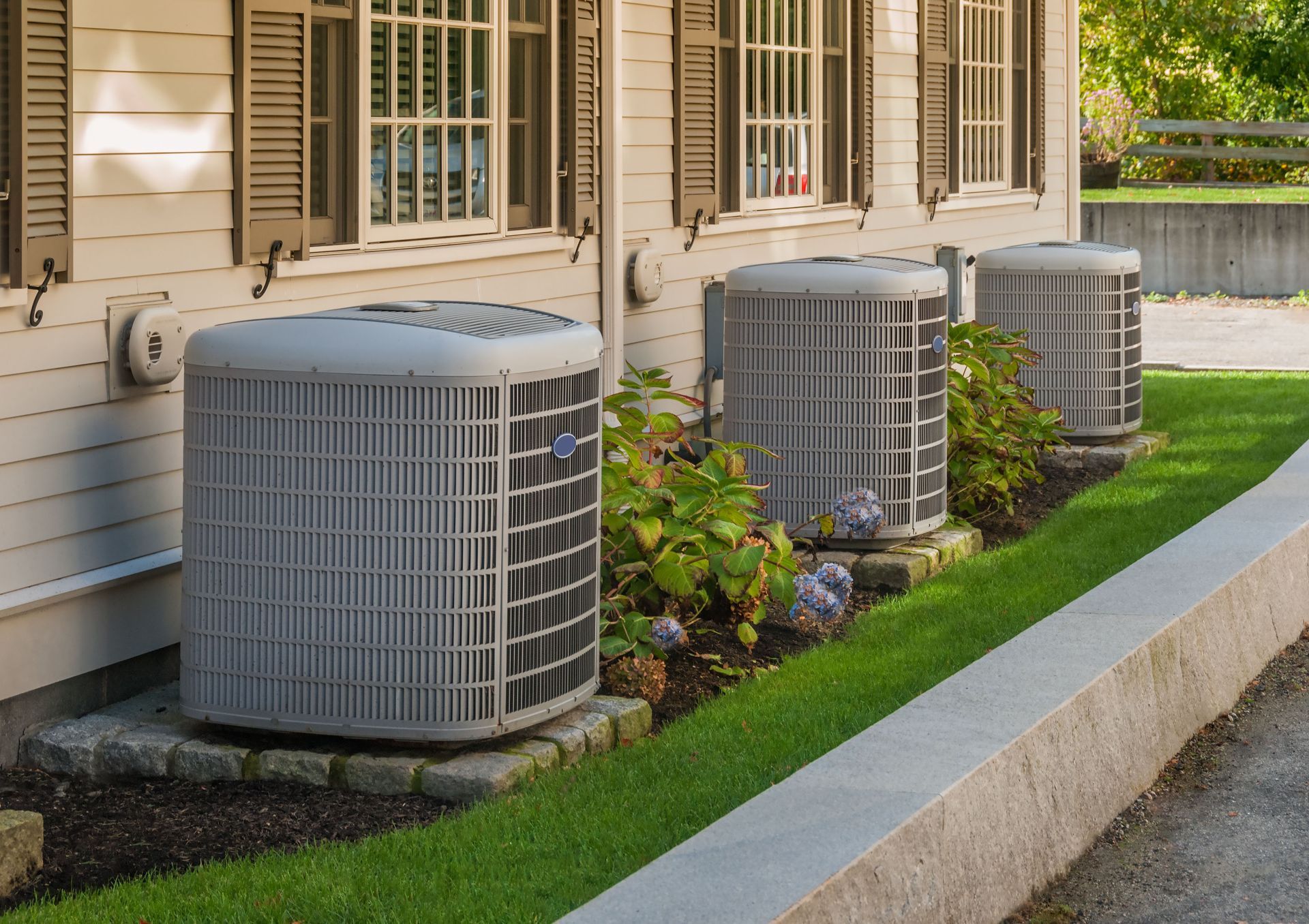
Share On: